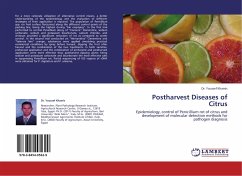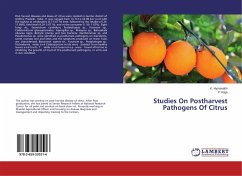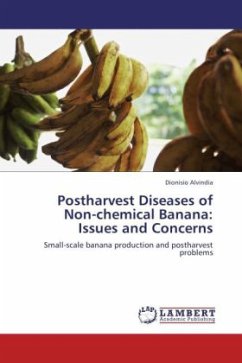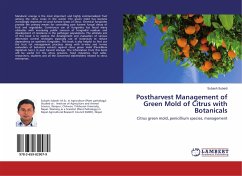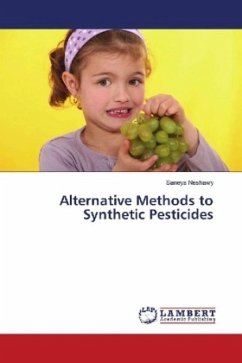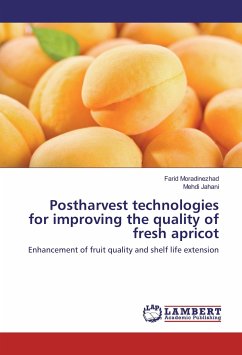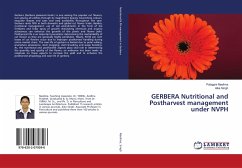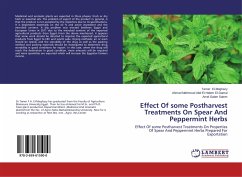For a more rationale utilization of alternative control means, a better understanding of the epidemiology and the evaluation of different strategies of their application is required. The population of Penicillium spp. on fruit surface fluctuated along the different control points of the packing line, being the highest during bin emptying . In the first trial performed to control Penicillium decay of Comune Clementine, sodium carbonate, sodium and potassium bicarbonate, calcium chloride, and chitosan provided a significant reduction of rot as compared to water control. In the second trial conducted on Hernandina Clementine and Valencia late orange, substances were applied simulating practical commercial conditions by spray before harvest, dipping the fruit after harvest and the combination of the two treatments. In both varieties, preharvest application and the combination of preharvest and postharvest application were more effective than postharvest dipping alone; being sodium and potassium carbonate and bicarbonate the most effective salts in suppressing Penicillium rot. Partial sequencing of IGS regions of rDNA were obtained for P. digitatum and P. ulaiense.
Bitte wählen Sie Ihr Anliegen aus.
Rechnungen
Retourenschein anfordern
Bestellstatus
Storno

